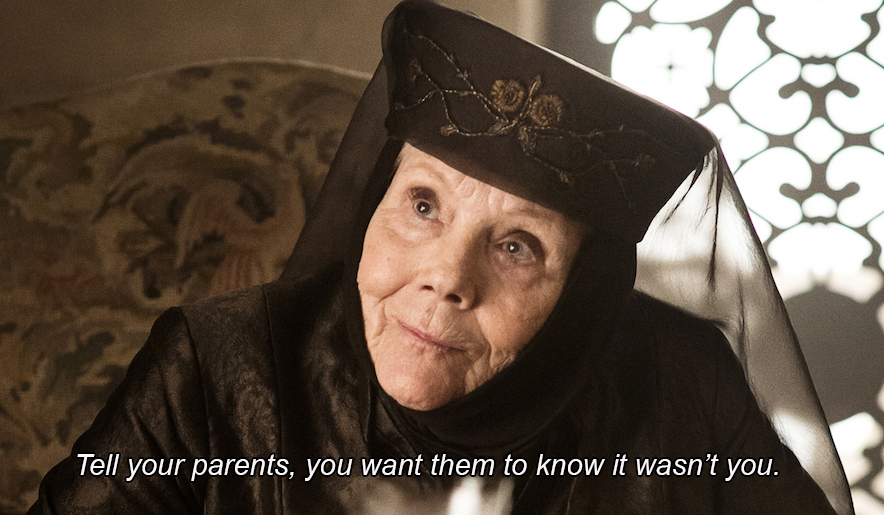If you’ve always had conflicts with your second-born child or sibling, science is now backing up your theory that they are, all along, the “problem child” in the family.
Birth order plays a huge role in a child’s personality. For instance, eldest children tend to be the leader of the pack and superior among others. Youngest kids, on the other hand, are the babies in the family and are usually stereotyped as spoiled.
According to a recent study by MIT economist Joseph Doyle, second-born children, particularly boys, tend to be the troublemaker or the “black sheep” in the family compared to their older siblings. They’re more likely to get in trouble at school, enter juvenile delinquency, or even go to prison.
“Birth order has been found to have a surprisingly large influence on educational attainment, yet much less is known about the role of birth order on delinquency outcomes such as disciplinary problems in school, juvenile delinquency, and adult crime: outcomes that carry significant negative externalities.”
Using rich data sets from Denmark and Florida, Doyle and his team examined the outcomes and explored potential mechanisms that had “remarkable consistent results”. In families with two or more children, second-born boys are 20 to 40 percent more likely to be disciplined in school and enter the criminal justice system than first-born boys.
The study considered the differences between the health condition and age of mothers before giving birth to first and second children. However, after examining the data, researchers found no evidence indicating that second-born children are less healthy. In fact, they appear to be healthier at birth and have lower rates of disability in childhood. The study also ruled out the idea that parents invest less on their education and pointed out that second-born children are more likely to attend pre-kindergarten.
Researchers suggest that parental attention may be a contributing factor to the gaps in delinquency across the birth order; first-borns have the undivided attention of their parents until another sibling comes along. The study also implies that the arrival of another child in the family potentially extends early-childhood parental investments for first-borns while second-borns do not get the same commitment and attention from their parents during their formative years.
“The firstborn has role models, who are adults. And the second, later-born children have role models who are slightly irrational 2-year-olds, you know, their older siblings,” Doyle said on an interview in radio station NPR.
This study may not be true for all second-born children/adults, but maybe you know there’s always been a rebel in you!

The eldest and youngest ones in the family can now rejoice to that fact that they now have scientific backing whenever they tell their parents that they’re really not the worst among the bunch.

Read more:
Science says sniffing your partner’s shirt helps reduce stress
Apparently, talking to your pet is a sign of intelligence
Monkey study suggests louder males have smaller balls
Finally, a study proves that we heckin’ love dogs more than humans
Eye-rolling was a ‘survival tactic’ among women, evolutionary psychologists suggest
Apparently, alcohol can help you speak foreign languages better
People who get goosebumps from music have unique brains, study suggests



